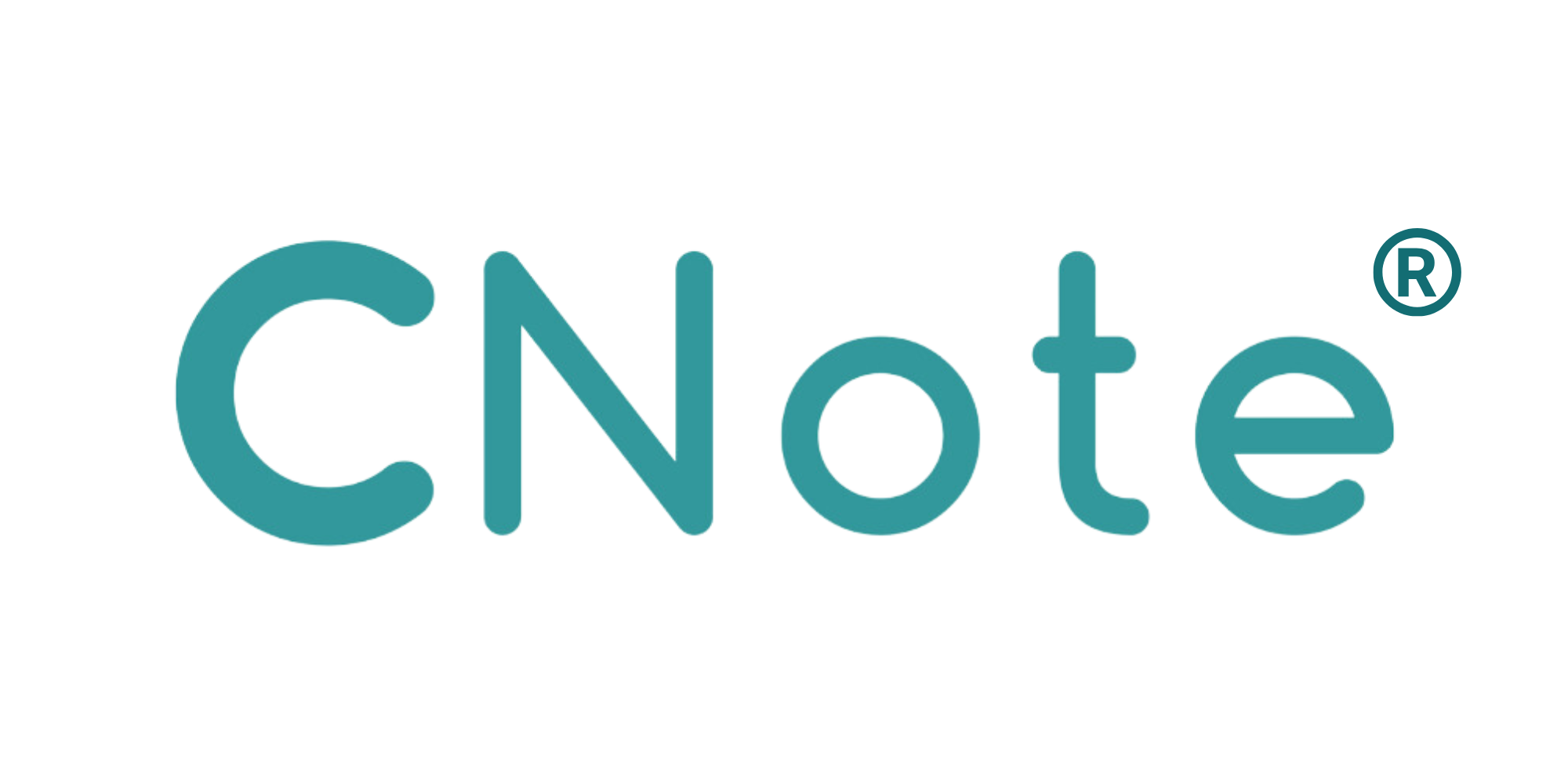By Tamra Thetford
The social determinants of health (SDOH) are the non-medical factors that influence health outcomes. They include the conditions in which people are born, grow, live, work, and age, and they shape overall well-being just as much—if not more—than medical care.
Community Financial Institutions address the social determinants of health by investing in projects that improve the social, economic, and environmental conditions affecting people’s health and wellness. These institutions use the following strategies to address key aspects of the SDOH:
- Access to Healthcare: Provide capital for community health centers, clinics, and hospitals in underserved areas and support integrated health and housing models, such as senior living facilities with healthcare services.
- Transportation & Infrastructure: Improve access to medical services by financing transportation options for low-income individuals.
- Affordable Housing: Finance affordable, safe, and stable housing, reducing homelessness and housing insecurity, which are key SDOH. They also support green and healthy housing initiatives, reducing exposure to environmental hazards like mold or lead.
- Food Security & Nutrition: Finance grocery stores and food cooperatives in food deserts and support urban farms and local food systems to improve access to fresh, healthy food.
- Education & Child Development: Fund early childhood education centers, charter schools, and afterschool programs that enhance long-term health outcomes as well as support affordable childcare services, which help working families thrive.
- Economic Stability & Job Creation: Invest in small businesses and worker cooperatives to help create jobs with living wages and benefits, and support entrepreneurs in underserved communities to promote wealth-building and economic mobility.
- Environmental and Climate Risks: Invest in clean energy projects, energy-efficient housing, and sustainable infrastructure to reduce health risks from pollution.
Increasing Partnership Between Community Finance and Healthcare Sector
Because of the close link between community financial institutions and activities that address the SDOH, the healthcare sector is increasingly collaborating with Community Financial Institutions. Partnerships, such as the ones highlighted below, focus on financing projects that improve access to healthcare, affordable housing, and economic opportunities in underserved areas.
- Healthcare Foundation Grants: In 2024, the Blue Shield of California Foundation awarded a grant to the Build Healthy Places Network. This funding enabled four CDFIs— including CNote partner Nonprofit Finance Fund—to establish partnerships in Californian cities and invest in sustainable prevention programs that address community health needs.
- Medical-Financial Partnerships (MFPs): Healthcare systems are forming MFPs with financial service organizations, including CDFIs, to alleviate financial stress among low-income patients. By integrating financial services into healthcare settings, these collaborations aim to improve health outcomes by addressing economic barriers to care. Several of CNote’s Impact Cash partners are part of these developing partnerships:
- St. Louis Community Credit Union (SLCCU), a CDFI and Minority Depository Institution, collaborated with BJC Health System, SSM Health, and the James S. McDonnell Foundation. These anchor institutions provided nearly $15 million in low-cost deposits through SLCCU’s Community Impact Deposit program. The funds aim to assist underrepresented businesses with affordable loans for working capital, equipment, and real estate, thereby promoting economic stability and health equity in the St. Louis region.
- Michigan State University Federal Credit Union (MSUFCU) partnered with Sparrow Health System to open a branch within E.W. Sparrow Hospital. This initiative provides hospital staff with specialized financial products, including professional mortgages, commercial loans, and financial education services. The collaboration aims to enhance the financial well-being of healthcare employees, recognizing the link between financial health and overall wellness.
- MultiCare Health System partnered with TAPCO Credit Union to promote financial access and equity for MultiCare’s diverse workforce. Through TAPCO’s Affinity Program, employees and volunteers gain access to equitable credit, fair banking practices, financial education, and resources tailored to their needs. This partnership underscores a commitment to fostering economic empowerment and addressing financial barriers that can impact health outcomes.
By partnering with Community Financial Institutions, the healthcare sector is expanding its role beyond clinical care to address the broader social and economic factors that influence health outcomes.
Tamra Thetford is Vice President of Impact Evaluation at CNote, a women-led technology platform that provides corporations, institutions, and individuals a simple, effective way to invest in under-resourced communities at scale. A community finance industry veteran with more than 25 years of experience, Thetford comes to CNote after leading impact data collection and analysis work at Justine Petersen Housing and Reinvestment Corporation and the Aspen Institute.


